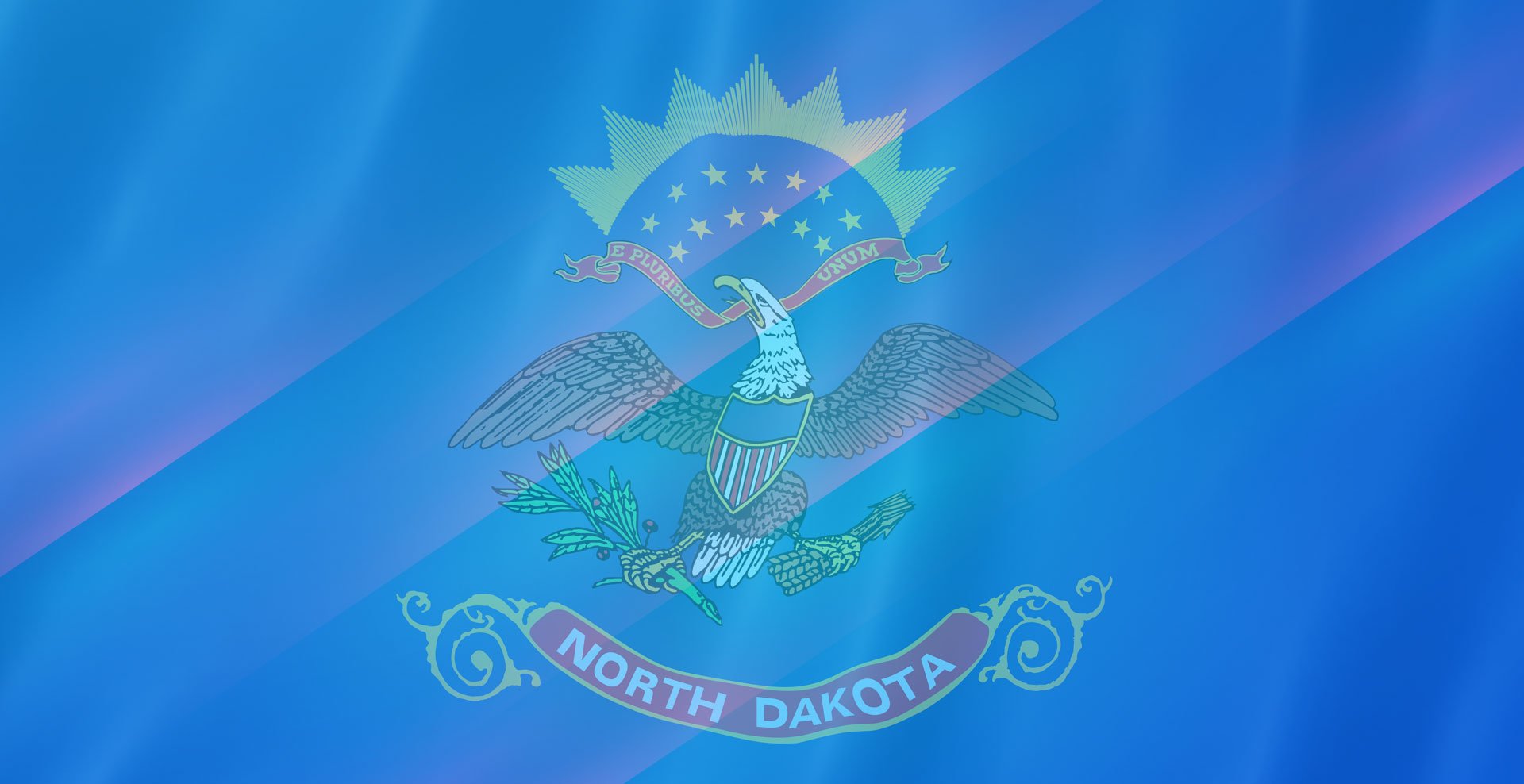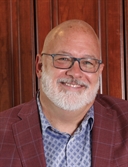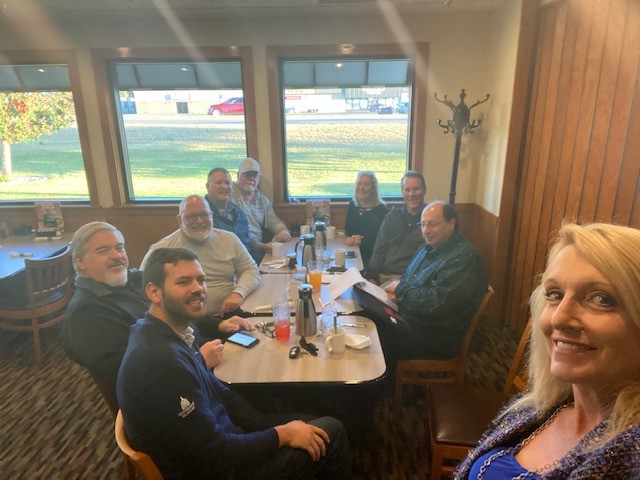“A lot of people tell me what they’ll do, or how quickly they will be back on their feet after the death of a spouse or child. Most of them have never previously attended a funeral of a spouse or a child of theirs…….”
21 years ago this month, 9/11/2001, we all can recall vividly, where we were and who we were with as we watched with disbelief, as planes flew into the twin towers and the Pentagon. I often wonder about the family members of people who were flying out that morning or working in one of the towers, or the Pentagon. “Is that the plane my spouse is on?” “About what floor on the North tower did that plane crash into?” “I hope my son got out of the building before it collapsed!”
In the hours, days and weeks that followed, we found out that almost 3,000 people perished and over $7 billion was donated, raised and allocated by our federal government to help compensate the families of those whose lives were lost.
In late November of 2001, Kenneth Feinberg was appointed by Congress to decide, based on income earned and dependent family members, how much each life was worth. A daunting task to say the least. He and his team spent years tracking down and listening to the grieving family members, before determining the “appropriate reward” for those left behind. The family of a kitchen worker in a restaurant near the top of the South tower, from Peru who made less than $9,000/year and sent over half of it back home to support his parents and siblings, would receive the minimum amount of $250,000. Over 25 times his annual wages. Because of their son’s death, they would become the wealthiest family in their small village. They still wished their son was alive instead. The wife and 5 children of a successful bond trader in a prominent firm on the floor just above that restaurant, who made $2.5 million a year, would “only” receive the “maximum reward” of $7.1 million….barely 3 years worth of replacement income. His second wife would also be entitled to a portion of that. He may have been an unfaithful husband and an absent father, but at least he was a good provider.
What is life worth? Probably more than what we realize, until that life has ended. I would encourage you to read this book, “What is Life Worth” or watch the new Netflix movie starring Michael Keaton about Mr. Fienberg’s labor of love to determine what each life was “Worth.”
No amount of money will soften the grief of mourning by loved ones, but it can pay off mortgages, provide college degrees without 6 figure student loans and buy things like braces, prom dresses and birthday gifts after the death of a breadwinner.
September, coincidently, is also Life Insurance Awareness Month. Will your family be okay if tomorrow is the last morning they see you drive off to work, or take off on a plane ride that ends badly?
I have life insurance so that when I die, my wife Paula, who I met in junior high band back in 1978, will be able to continue doing the things that she enjoys doing and care for our children for as long as they live, even if that is 30 or 40 years. Without life insurance a parent may have to pick up a second job and is now responsible for doing all of the tasks that two parents used to share. If the surviving parent cannot stay in the same home due to financial constraints, they may have to move and often a move requires changing schools and finding new friends.
I have enough life insurance to make sure that Paula and our four youngest children would be able to stay in the home that they feel very comfortable and safe in and would not have a mortgage to worry about. They could still have a weekly pizza night. I often joke that when I die, I want Paula to be able to say “Well, Kevin wasn’t that great of a husband or father, but he sure could buy life insurance!” Every life matters and no one should die for free. What is life worth? More than you would guess and as a client and close friend of mine reminded me after her terminal diagnosis, “Kevin, make sure you tell people that it’s later than they think!”
Kevin Burckhard is a native of Minot and a lifetime Million Dollar Round Table (MDRT) and National Association of Insurance and Financial Advisors (NAIFA) member as well as a husband to 1, father to 3, daddy to 6, and grandfather to 2 beautiful girls.









